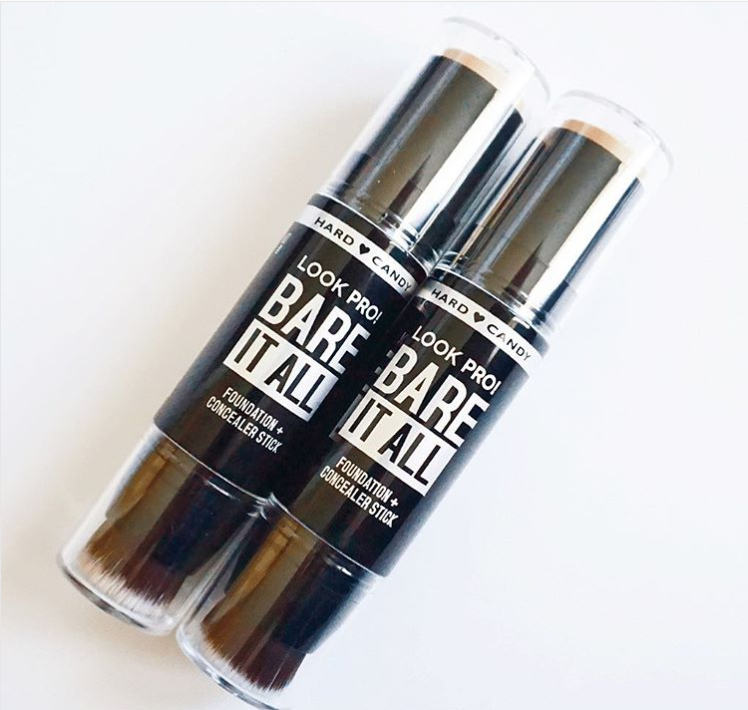The #MeToo movement has been one of the biggest pro-women campaigns of the modern age. The social media-based trend opened up a necessary conversation about sexual harassment and assault and is lauded by many for taking a previously taboo topic and making it acceptable to discuss. And while it is common for companies with a mainly female audience to highlight feminist concepts to advance their brand, no one has taken it quite as far as the beauty brand Hard Candy.
Even if donating some proceeds, please don’t commercialize #MeToo. It’s icky. https://t.co/wJs9gPz8F7
— S.E. Cupp (@secupp) January 17, 2018
It was recently reported that Hard Candy, sold exclusively at Walmart, applied for a trademark for #MeToo on October 20 to sell cosmetics and fragrances. Many people are upset by this news, and rightfully so. Everyone agrees that it is unacceptable, and painfully opportunistic, to profit off of a movement meant to empower and liberate women. The #MeToo movement is not meant to be commercialized. It should not be used for profit or publicity.
And while Jerome Falic, CEO of Falic Fashion Group which owns Hard Candy, vaguely alluded to a plan to donate profits from the #MeToo collection to an unnamed women’s rights organization, no one was appeased. The brand is now withdrawing its trademark application, likely due to the public outrage.
Hard Candy Pulls #MeToo Trademark Application After Backlash https://t.co/CVma88vqSs
— TMZ (@TMZ) January 19, 2018
Hopefully the Hard Candy fiasco can be a lesson to brands and companies who want to commodify serious issues. Basically, don’t use a social movement surrounding a sensitive topic to increase your bottom line. You can support the movement without capitalizing off of the underlying injustice. Let the #MeToo movement do what it’s meant to– support the amplification of women’s voices that were previously silenced– not help you sell your products.
By: Cianna Allen

